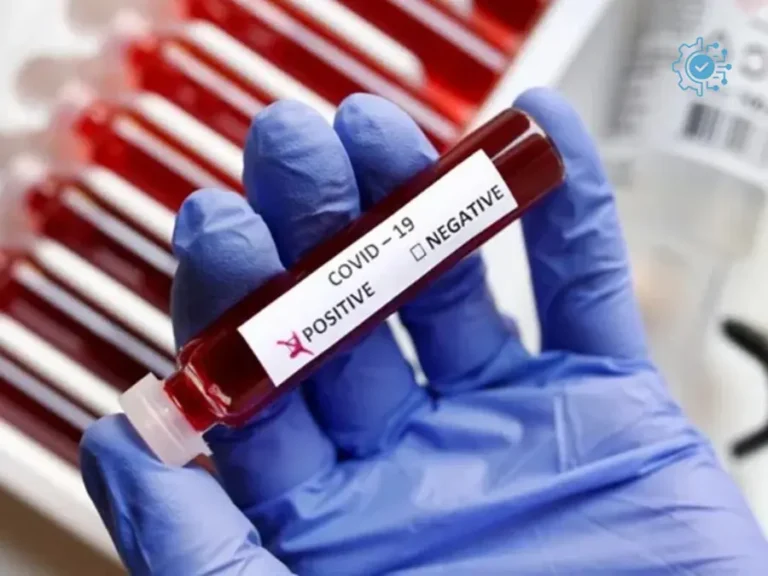Introduction
Chocolate is often seen as an indulgence, but what if we told you it’s also a smart addition to a balanced lifestyle? Modern nutrition science has been uncovering surprising ways in which chocolate, particularly dark chocolate, supports not just taste satisfaction, also ental and physical health. Let’s dive deeper into why chocolate deserves a spot in your daily routine—and how it can enhance both your brain and your body.
The Science Behind Chocolate’s Feel-Good Effect
The Chemistry of Happiness
Chocolate stimulates the brain’s reward system. When you eat chocolate, it triggers the release of dopamine, giving you a sensation of pleasure. But that’s not all—chocolate also contains compounds like theobromine and caffeine, which offer mild stimulatory effects, enhancing alertness and concentration without the jitters of coffee.
Chocolate and Hormonal Balance
Did you know that chocolate can influence hormone regulation? Dark chocolate has been linked to lower levels of cortisol and other stress-related hormones. For women, it may also help ease symptoms of PMS, thanks to its magnesium content and mood-enhancing effects.
Chocolate as a Functional Food
Gut Health
Surprisingly, dark chocolate may be beneficial for your gut microbiome. It contains prebiotics that feed good bacteria, such as Lactobacillus and Bifidobacterium, improving digestion and immunity.
Skin Glow
Forget fancy creams—your skin might benefit from chocolate. The flavonols in dark chocolate improve skin hydration and density, protect against UV rays, and enhance circulation, giving your complexion a natural glow.
Can Chocolate Help You Exercise Better?
Absolutely! Dark chocolate is rich in epicatechin, a compound that supports blood flow and oxygen delivery to muscles. Some studies suggest that consuming a small amount of chocolate before a workout can improve endurance and recovery.

Mental Clarity and Focus
Short-Term Brain Boost
Feeling foggy before a meeting? A small piece of dark chocolate can provide a quick cognitive lift. It enhances blood flow to brain regions associated with learning and memory, making it a great natural alternative to energy drinks.
Long-Term Neuroprotection
Frequent, moderate intake of flavonoid-rich chocolate has been shown to reduce the risk of cognitive decline in older adults. In essence, enjoying chocolate today may protect your brain tomorrow.
Chocolate Myths Debunked
Let’s clear up a few things:
- Chocolate causes acne: There’s no conclusive evidence. It’s often the added sugar and dairy that may cause skin flare-ups.
- Chocolate is fattening: Portion size and quality matter. A small amount of dark chocolate can support weight management by reducing sugar cravings.
- White chocolate is just as good: Not quite—white chocolate lacks cocoa solids and offers few of the health benefits.
Smart Ways to Add Chocolate to Your Day
- Add cocoa nibs to your morning oats or smoothie.
- Snack on a square of 85% dark chocolate after lunch.
- Bake healthy treats using unsweetened cocoa powder.
Remember: moderation is key. Too much sugar—even in chocolate—can offset its benefits.
Conclusion
Chocolate isn’t just a sweet tooth fix—it’s a smart, science-backed way to support your brain, your mood, and your overall well-being. The next time you reach for a bite, choose quality chocolate with high cocoa content and minimal additives. With the right approach, chocolate can be part of a healthy lifestyle.
Stay updated with TechNewsHubs for more wellness trends and nutritional science insights that power your body and your mind.







